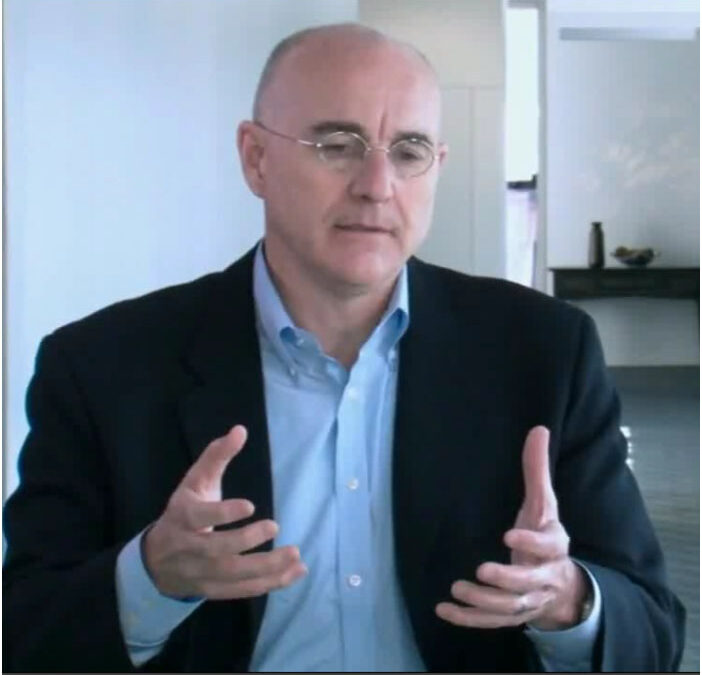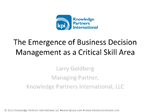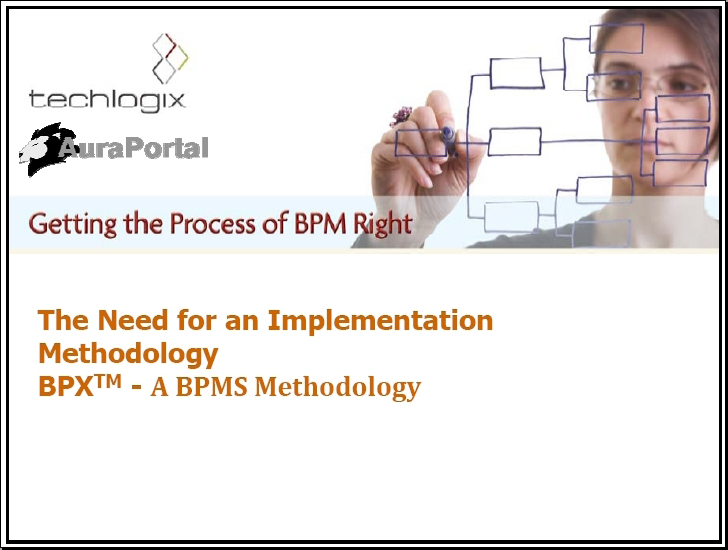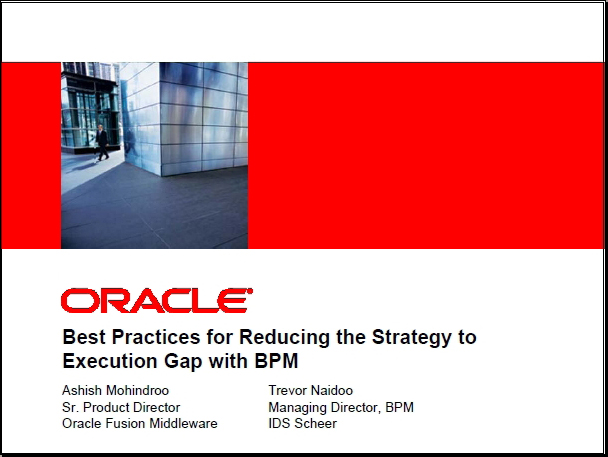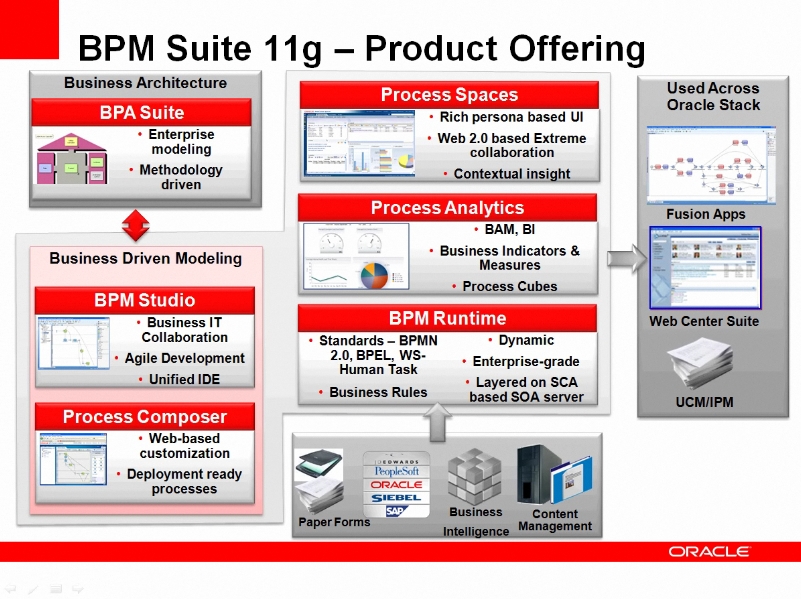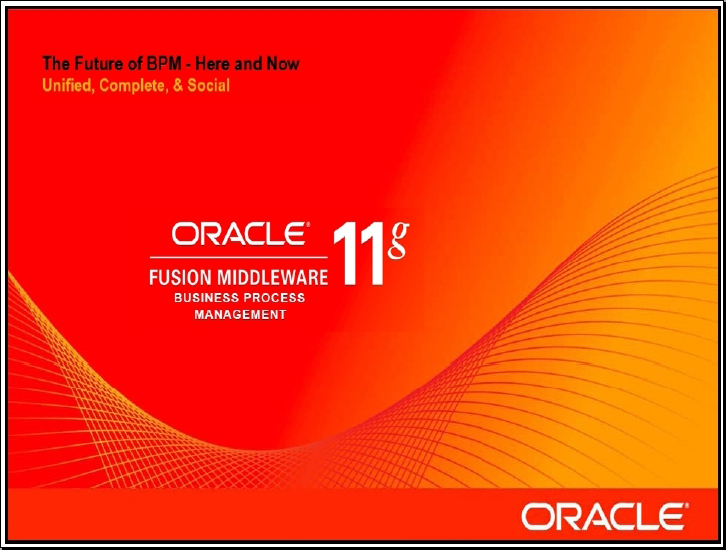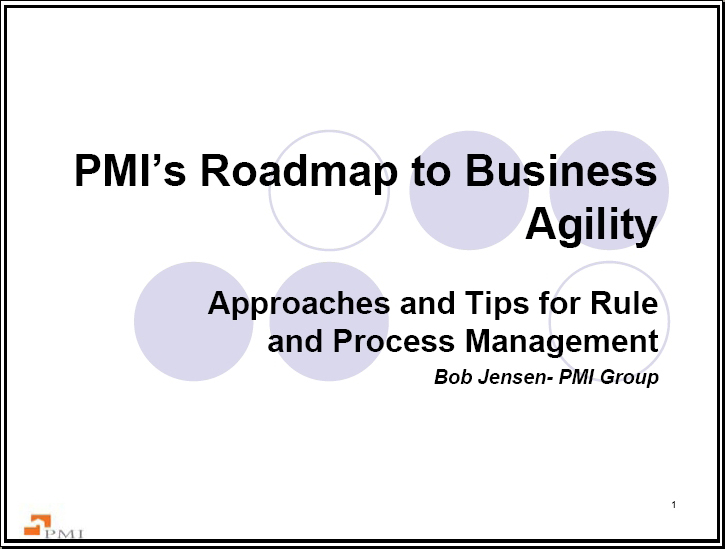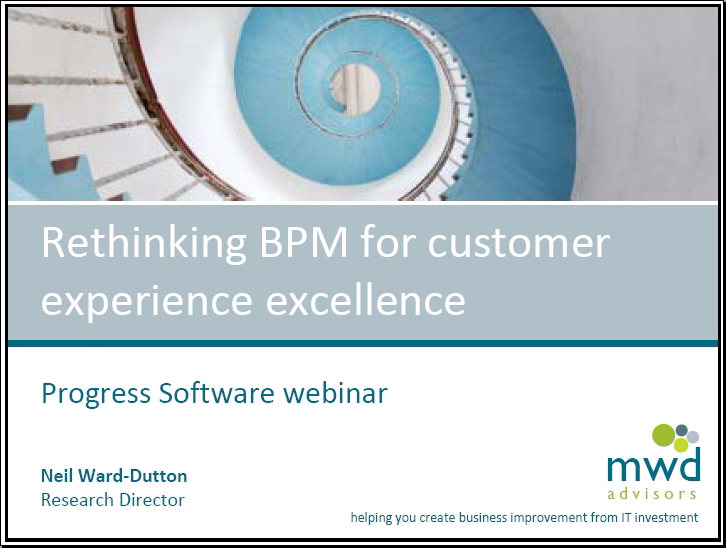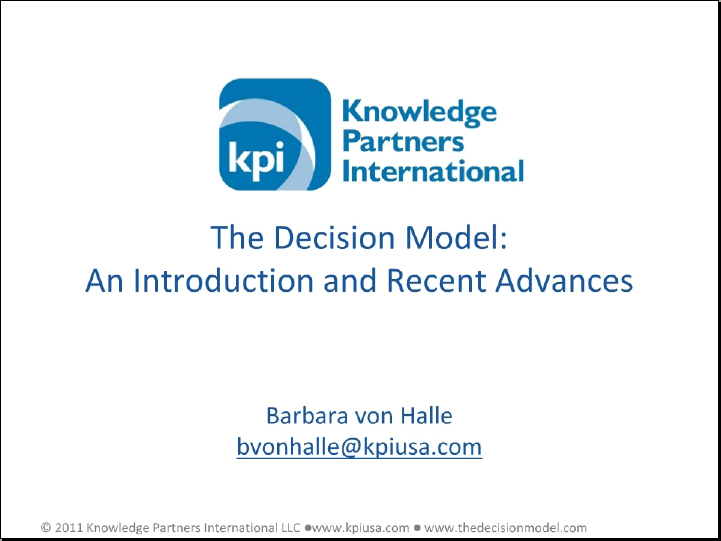Explore the many ways IBMs Business Process Management and Decision Management technologies enable agility through dynamic business processes. Use-cases describe approaches for using these technologies individually or together to address different business needs. Process improvement is about achieving better business outcomes. Technology is providing powerful capabilities that organizations are using now to quickly and continuously improve customer-facing and back-end operations. The challenge, of course, is that there is no one-size-fits-all solution.

